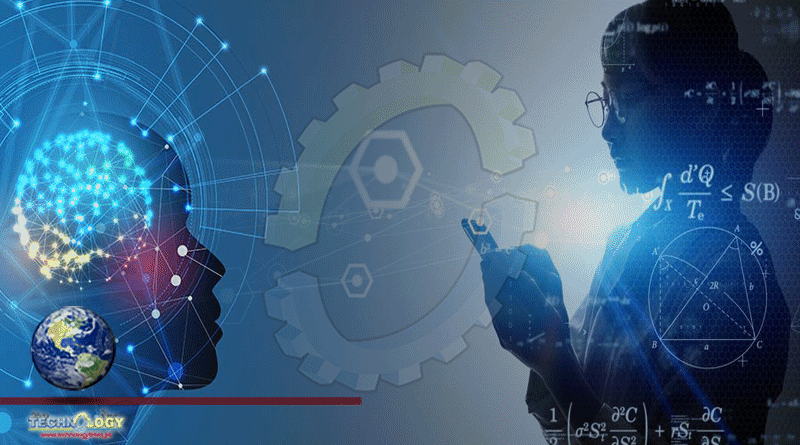Machine Learning Comprises Of Machines Use A Set Of Algorithms Which Train On A Set Of Data In Order To Fine-Tune Their Parameters

While data science focuses on tackling Big data and it includes data preparation, cleansing, and analysis by a data scientist, machine learning comprises of machines that use a set of algorithms which train on a set of data in order to fine-tune their parameters.
What is the purpose of Data Science?
The most imperative purpose that data science serves is to find patterns within data. There are various statistical techniques incorporated and used to analyse data and subsequently draw insights. A data scientist has the job of scrutinizing the data thoroughly and making predictions from this. Through this, data scientists are able to help companies in making smarter, more informative business decisions.
Why is Data Science important?
It is growing at a phenomenal pace – data science is especially prominent in developing countries and has an impressive global growth. It has a widespread reach across industries and sectors. It fosters innovations pertaining to research technologies, development of products, procurement, logistics, and numerous others. It offers calculative results and helps with the development of solutions which address both contemporary needs as well as problems. In addition, data science also holds potential, in data centric industries, for the following:
- Improved marketing based on customer behaviour to provide tailored campaigns and advertisements.
- Customer acquisition through a thorough understanding of the needs that customers have or attract potential customers.
- Improved innovation by analysing and creating insights within existing conventional designs.
- The enrichment of lives by assisting customers in their personal, everyday lives.
Data Science versus Machine Learning
While data science focuses on tackling Big data and it includes data preparation, cleansing, and analysis by a data scientist, machine learning comprises of machines that use a set of algorithms which train on a set of data in order to fine-tune their parameters. However, one thing stands out, and this is that human intuition cannot be automated. It is one of the greatest things distinguishable between the two fields of study. Especially considering that the goal of data science is human-focused, to gather insight and understanding. For this reason, it always involves a human being. Machine learning algorithms, in data science, are therefore used to help identify organizational trends, but their role in data-driven processes are limited to only making predictions regarding future outcomes. Machine learning algorithms are still unable to understand precisely what specific data means for an organisation along with its relationships, or even the relationships which exist between operations that vary and are not connected.
Why machine learning is changing the world for data scientists
Despite the limitations that machine learning may have in the world of data science, it plays an important part, nonetheless. In the future, process automation will, inevitably, superimpose the majority of human-work in manufacturing. By understanding machine learning and its use in quality predictions as well as estimations, it will pave the way for machines to make the right decisions and act smarter in real-time without any human intervention. Machine learning is already transforming the way in which data mining and interpretation works. It has already replaced techniques used in statistics with automatic sets of generic methods with improved accuracy.
This news was originally published at Kempton Express
